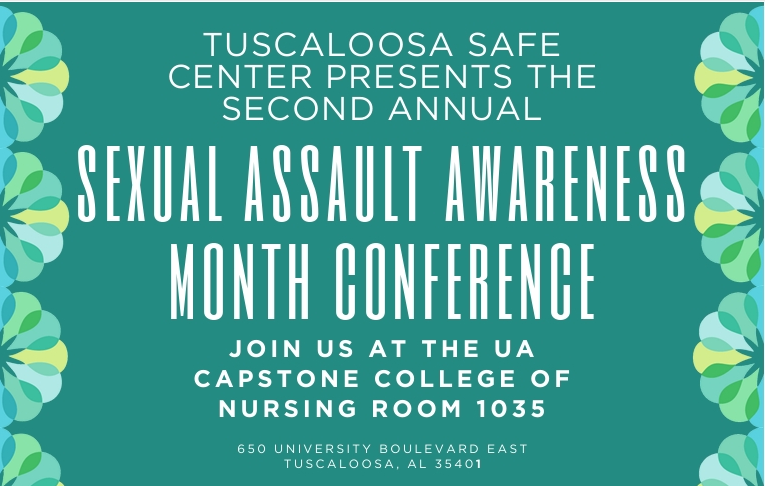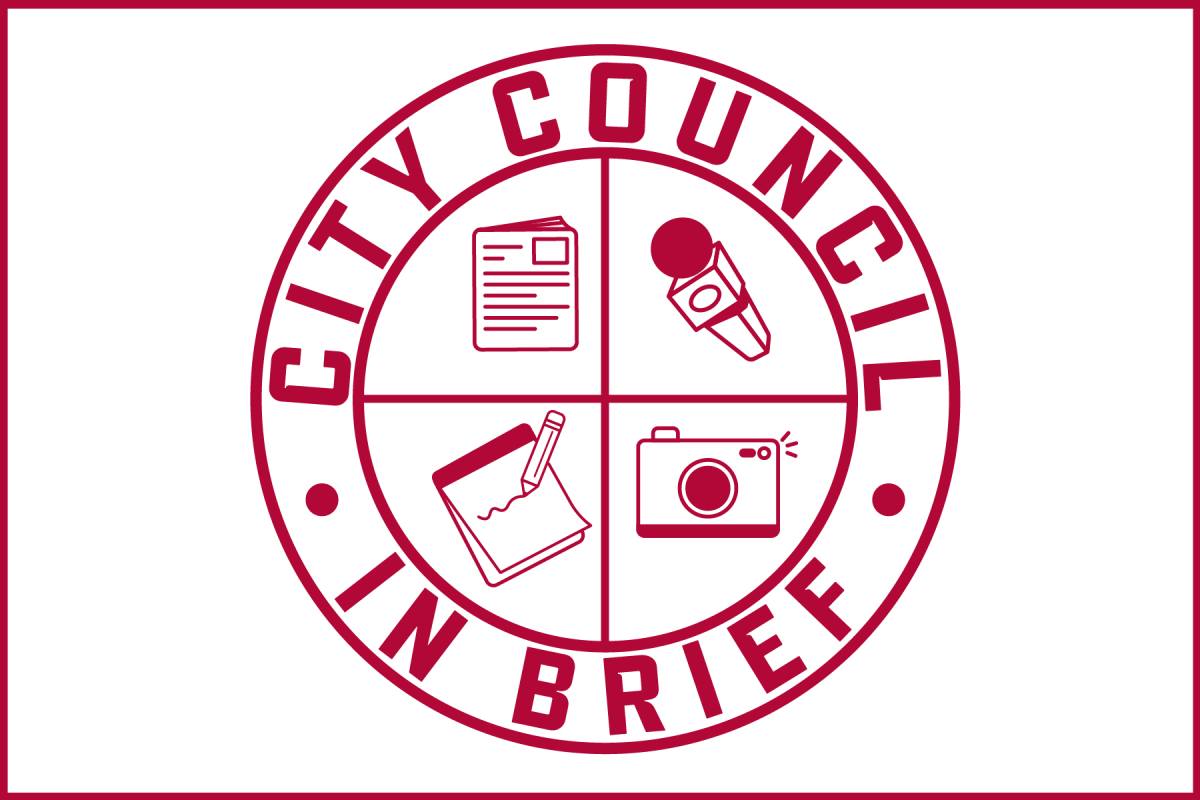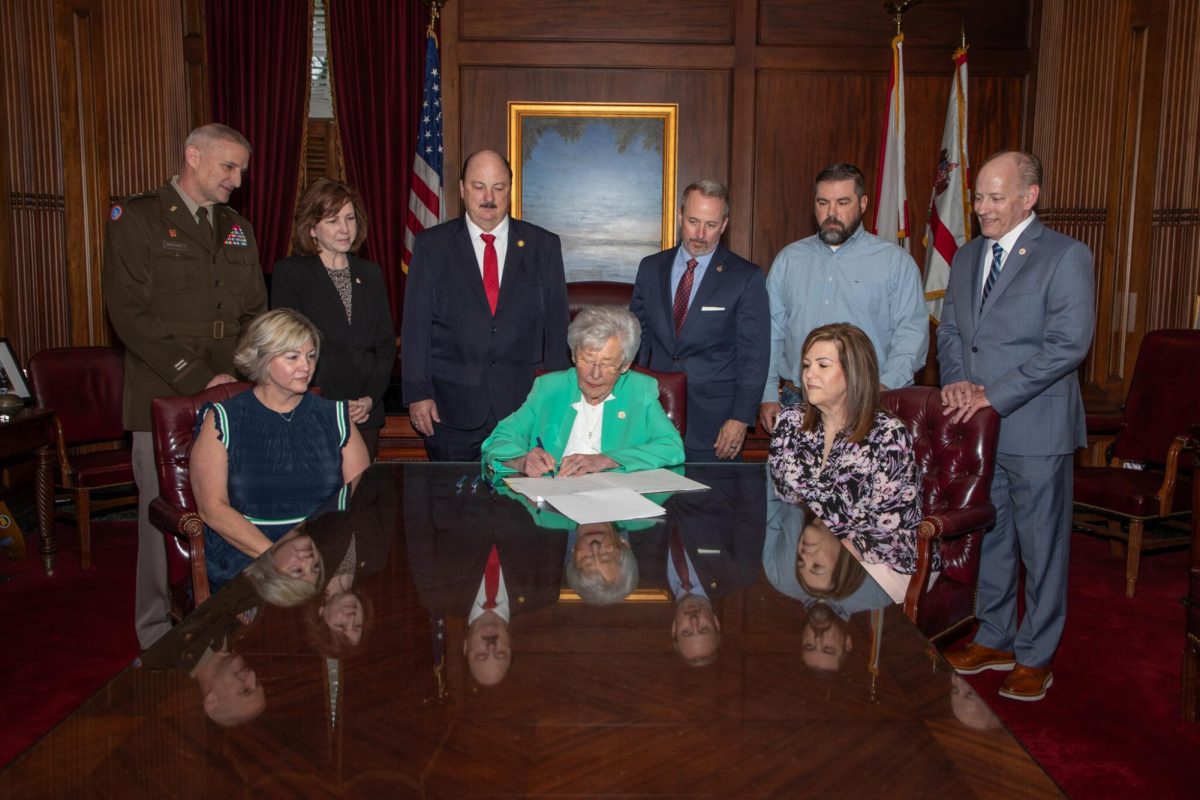A recently funded multi-year grant will examine the role that African-American congregations can play in reducing HIV and AIDS-related stigma in rural Alabama, according to a press release.
Pamela Payne Foster, deputy director for the University of Alabama’s Institute for Rural Health Research, is the principal investigator of the $530,368 grant from the U.S. Centers for Disease Control and Prevention in Atlanta.
“The grant, which is funded through a special program called Minority Access to Research Initiative, or MARI, is designed to collect pilot data to adapt and test an HIV and AIDS anti-stigma intervention in rural African American churches,” Foster said. “The project goal is known as Faith-Based Anti-Stigma Intervention Toward Healing HIV and AIDS, or project FAITHH.”
Alabama has the 11th-highest HIV infection rate in the country and the eigth-highest AIDS-related death rate, Foster said.
“This research will play an important role in curtailing the epidemic in Alabama and possibly serve as a model for the U.S. and particularly the South,” Foster said.
Foster is also an assistant professor in the College of Community Health Sciences’ Department of Community and Rural Medicine and her research partner is Susan Gaskins, a professor in the University’s Capstone College of Nursing and senior investigator on the project.
Foster and Gaskins will be assisted in their research by four ministerial liaisons representing different denominations and organizations.
Christopher H. Spencer, director for community development at the UA Center for Community-Based Partnerships, said he will assist in recruiting pastors and churches in rural Alabama to participate in the research study.
“I expect to see an increase in the knowledge of AIDS and HIV by the pastors and members of the churches that participate in this research study,” Spencer said. “I also expect to see a decrease in the stigmas associated with AIDS and HIV persons by those participating in the study.”
There are two hypotheses in this study, Foster said.
“[We hypothesize] decreasing stigma in 200 participants of 10 African-American rural churches in Alabama and increasing interaction of HIV-positive persons and these 10 African-American rural churches,” Foster said.
During the first two years, or the pre-intervention phase of the grant, the researchers will conduct in-depth interviews with 10 African-American rural pastors to measure their perceptions about their attitudes about HIV and AIDS, what HIV and AIDS prevention activities their congregations have conducted and what stigma attitudes and behaviors members may have, Foster said.
Years two through three, the Intervention Phase, Foster said they will have a group of ministers in Ghana train a group of ministers in Alabama on their anti-stigma HIV and AIDS curriculum and then conduct this intervention with participants.
“We will also provide HIV and AIDS education to study participants and measure their baseline HIV and AIDS knowledge and stigma attitudes about stigma before intervention,” Foster said. “We will also have HIV-positive persons complete a written survey to assess their spirituality and religious experiences in rural Alabama related to their HIV diagnosis.”
Finally, in the post-intervention phase, years three through four, the researchers will measure the participants HIV and AIDS knowledge and stigma attitudes after the intervention, conduct a post intervention interview with the pastors and assess changes from the pre-intervention stage, Foster said.
“This is a great opportunity for pastors and church members in rural Alabama to learn more about AIDS and HIV and how to live with and support those in their communities that are infected,” Spencer said. “There will be some small challenges when the project begins but as soon as the groups are educated, I strongly believe that the early fears will disappear.”
Finding effective strategies to decrease HIV and AIDS-related stigma is a major challenge in HIV and AIDS prevention research, Foster said. Additionally, few strategies have been tested in rural African-American communities in the Deep South, particularly among faith-based leaders and their congregations, where stigma may be greater.
“We know from previous research that HIV-positive persons value spirituality in their overall healing process but have often not become active members of rural congregations because of the stigma,” Foster said. “We hope to turn that around with this study.”








